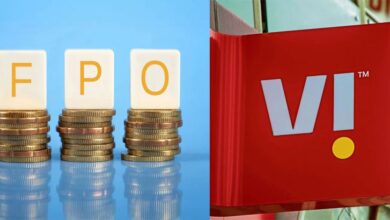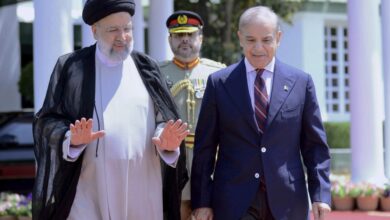Tesla Wins The Legal Battle, But Can It Conquer The Struggle For Self-Driving Cars?
Tesla has come under fire for its Autopilot and Full Self-Driving (FSD) driving assistance technologies.

Tesla CEO Elon Musk can breathe a sigh of relief after jurors in a 2019 collision in the United States ruled in favour of the electric vehicle manufacturer. A jury in a California state court granted no damages to plaintiff Justine Hsu, who sued Tesla in 2020 in the case of a self-driving car. The Tesla Autopilot software was determined not to be at fault in an incident where the car went into a median on a city roadway while Autopilot was active.
What was the claim against Tesla?
Justine Hsu filed the claim, alleging that her Tesla Model S drove into a curb while on Autopilot, imposing significant injuries. Hsu claimed that there were design faults in both the Autopilot mechanism and the airbag, and she sought more than $3 million in damages.

Despite the plaintiff’s contention that Tesla’s Autopilot system was flawed and caused her accident, the jury awarded Hsu no damages and found no evidence of Tesla’s willful failure to publicise information. Furthermore, the jury ruled that the airbag worked as designed and posed no safety issues. For its part, Tesla denied involvement in the tragedy, pointing out that Hsu had utilised the Autopilot system on city streets despite multiple cautions in the user handbook against doing so.
Brief details about the investigation.
Tesla has come under fire for its Autopilot and Full Self-Driving (FSD) driving assistance technologies. The US National Transportation Safety Board (NTSB) cleared Tesla in February of a fatal collision involving a Tesla Model S Autopilot system in 2021. The likely cause of the Spring, Texas, electric vehicle collision, according to the US Transportation Agency, was the driver’s high speed and failure to control his vehicle. The NTSB ruled that Autopilot was not in operation since the system was not designed to drive faster than 30 mph on the roadway where the Tesla was last seen. The US Securities and Exchange Commission (SEC) is also looking into Musk’s self-driving promises.
The SEC investigation will look into whether Tesla broke any regulations by advertising its full self-driving (FSD) and Autopilot software. Following a system recall, Musk’s company halted the release of its Full Self-Driving beta software in the United States and Canada in February.

Three Tesla engineers testified during the three-week trial in the Hsu claim. As Tesla confronts a slew of looming legal challenges over its semi-automated driving system, CEO Elon Musk maintains that the technology is safer than human drivers. Despite the Autopilot and Full Self-Driving designations, Tesla insists that these capabilities do not make cars totally autonomous, and drivers must stay aware and ready to take control at all times. Tesla released the Autopilot system in 2015, with the first tragic accident employing the technology documented in the United States in 2016.
How are self-driving vehicles important for Musk and Tesla’s future?
As the business has been developing and deploying out the technology, Tesla’s Autopilot and more advanced Full Self-Driving (FSD) system has garnered regulatory and legal attention. Elon Musk, Tesla’s CEO, has emphasised the importance of FSD to the firm’s future, yet the company is facing various legal hurdles relating to the technology.
Disclosure.
Although the judgement in the Hsu case is not legally binding in future instances, analysts believe it will serve as a reference for both Tesla and plaintiffs’ lawyers. The outcome of this trial may provide insight into how similar cases will play out and how jurors will evaluate them in the future. The US Justice Department is looking into Tesla’s statements regarding self-driving capabilities, while the National Highway Traffic Safety Administration is looking into the technology’s safety.

Despite the successful conclusion of the Hsu trial, several experts warn that Tesla’s technology, despite Musk’s repeated claims over the years, is still a long way from becoming totally autonomous. When there are deaths on roadways, juror viewpoints might differ, according to Raj Rajkumar, professor of electrical and computer engineering working at Carnegie Mellon University. While Tesla won this battle, he believed they would lose the war.






